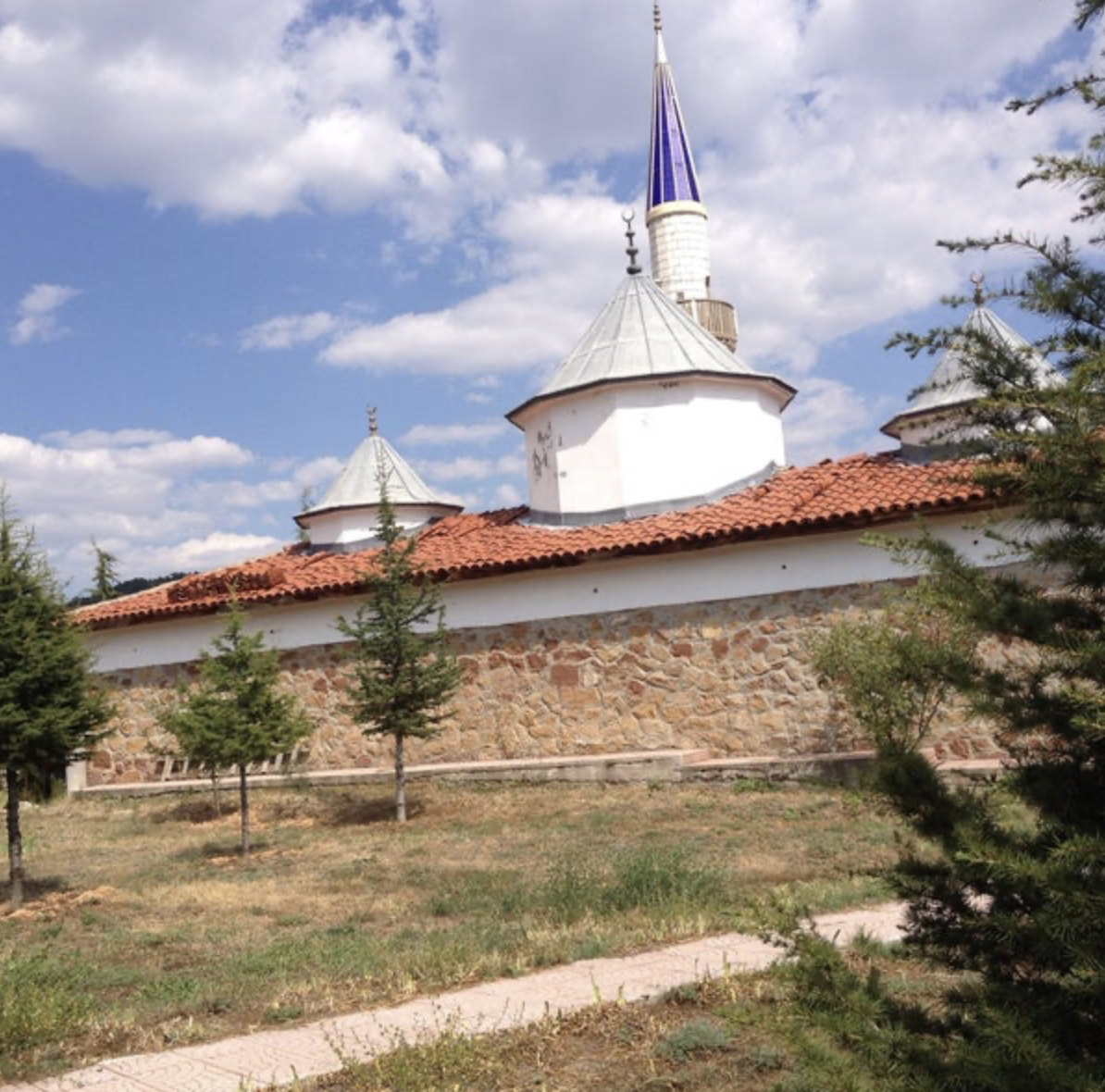Bacım Sultan Mausoleum

Vehicle
To the center:14 km
About
Bacım Sultan, the daughter of Tapduk Emre, is sought after by Hulbiye Sultan, the son of Hamza Sultan who lives in Tekke village. The marriage proposal is accepted, and the wedding festivities begin. The wedding procession, taking Bacım Sultan on the journey, arrives at the Erenler area near Tekke Village. They dismount from their horses to perform the noon prayer. When the prayer is over, they realize that the bride is missing from where they left her. Upon sending a message to Tekke, they learn that the bride did not arrive there. They inquire of Emrem Sultan, “Has the bride returned?” and he responds, “She found her place, search for her there.” They find Bacım Sultan leaning against a juniper tree on the hill where she is now buried. When they try to take her back to the village, she says, “I have come this far, let your son come here.” The bride and groom settle there, and a village forms in that place. The village is named Tekke because Bacım Sultan’s house was open to everyone, and she helped everyone.
Bacım Sultan’s tomb is located on a hill in Tekke village, which is 14 km away from the district. According to the arrangement of the villages, Emremsultan Village is in the middle, Sarı Village, where Yunus’ grave is located, is on the right, and Tekke Village, where Bacım Sultan is buried, is on the left. There is a well located 200 m below the tomb, and the water from the well is salty. According to some accounts, after the wedding, Tapduk Emre and his relatives visit both their in-laws and their daughter. When they inform Bacım Sultan of her father’s arrival, she is kneading dough. Upon hearing the news, she runs to greet her father with dough-covered hands. Along the way, she realizes that her hands are covered in dough, so she wipes them on the grass and water springs from where she touched the ground. This water used to wash her hands, which smelled like dough, became known as “hamurlu su” (doughy water) in Turkish.
